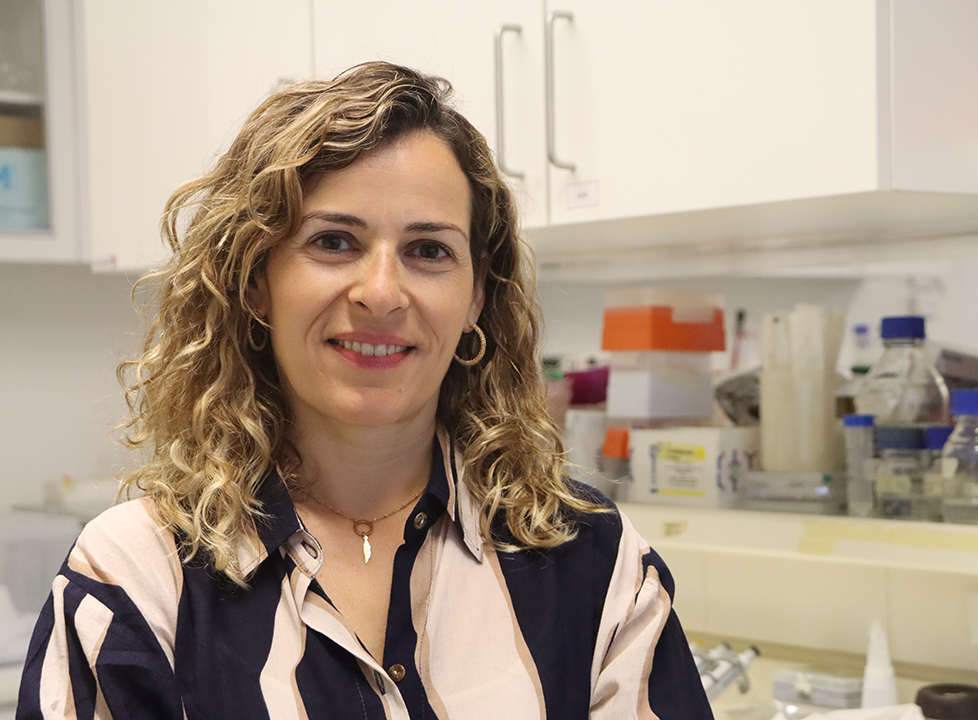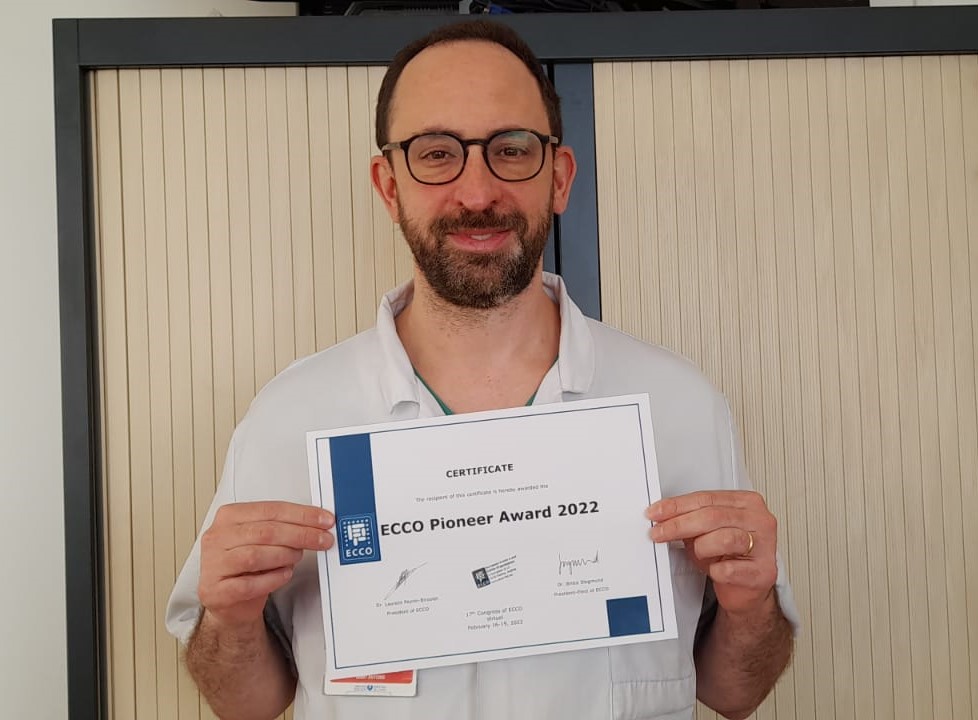ECCO Pioneer Award Synopsis: Salomé Pinho and Harry Sokol
Salomé Pinho, ECCO Grant Awardee
Identification of markers to predict post-operative disease recurrence in Crohn's disease.
 Salomé Pinho © Salomé Pinho |
 Harry Sokol © Harry Sokol |
Background & aim of research
Evidence suggests that the perturbation of the symbiotic relationship between microbes and the intestinal immune system contributes to IBD development even years before diagnosis. However, it is essential to understand the causes underlying the loss of gut microbial equilibrium (dysbiosis) associated with inflammation, envisioning novel disease biomarkers and therapeutic targets. The host glycocalyx (repertoire of glycans/sugar-chains at the surface of gut mucosa) constitutes a major biological interface between intestinal mucosa and microorganisms. Glycans are an essential niche for microbiota colonization and thus should be an important modulator of host-microorganisms’ interactions and a key target in IBD context that remains largely unexplored. The GOAL of this proposal is to unlock the role of gut mucosa glycome as a novel pathway that regulates host-microbiome interactions in IBD, envisioning the development of novel microbial-modulating therapies for IBD prevention and treatment.
Methodology/experiments that will be used
This multicentric project combines multidisciplinary expertise in Glycobiology; Microbiome and IBD, assuring a synergistic network. In a first approach, we will use glycoengineered mouse models as platforms to model specific changes in gut mucosa glycome, aiming to investigate how the host glycocalyx composition affects gut microbiota and immune response. The animal findings will be then validated in a multicentric cohort of colonic biopsies from IBD patients. Finally, we will conduct a pre-clinical assay (in animal models from task-1) as the proof-of-principle for the therapeutic/preventive efficacy of the metabolic supplementation with glycans in restoring a healthy microbiota and gut homeostasis in IBD.
Anticipated main impact
From the clinical point of view, this project is pioneer as it aims to generate new knowledge in the pathophysiological mechanisms underlying host-microbial interactions in IBD, contributing to the discovery of a new generation of glycans-based microbial-modulating therapy as a novel strategy for IBD treatment and prevention. This will be translated into benefits for the clinical care of patients with IBD, improving patients’ quality of life and with the potential to impact the treatment/prevention of IBD patients in the near future.
Proposed timeline
The research project should be performed over 2 years.


